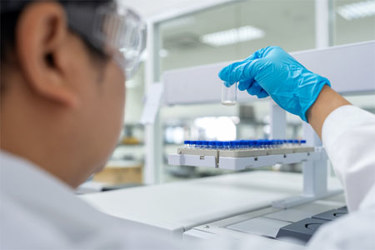Accelerating IND-Enabling Studies With Automated Bioanalysis Workflows

Reimagined as automation-first, bioanalysis shifts from being an Investigational New Drug (IND) bottleneck to a catalyst for innovation—helping companies move therapies into the clinic more quickly, efficiently, and with greater confidence. Filing an IND application is a defining milestone for emerging biotechs, yet bioanalysis remains one of the most persistent barriers to reaching it. Traditional workflows introduce variability, slow validation, and increase the risk of costly re-runs. For startups operating between financing rounds, these delays can determine whether programs advance or stall.
Automated bioanalysis workflows offer a transformative alternative. By integrating automated sample preparation, analytical systems, and standardized protocols, validation timelines can shrink from months to weeks while reproducibility and data integrity improve. When paired with advanced analytics for real-time error detection and automated validation reporting, this approach delivers submission-ready data packages with greater consistency and transparency. The impact is both operational and strategic. Faster, more reliable toxicology and immunogenicity results accelerate decision-making and strengthen regulatory confidence. Scientists are freed from repetitive manual tasks to focus on study design and interpretation, while sponsors gain predictable timelines and clear visibility into progress.
Get unlimited access to:
Enter your credentials below to log in. Not yet a member of Clinical Leader? Subscribe today.
